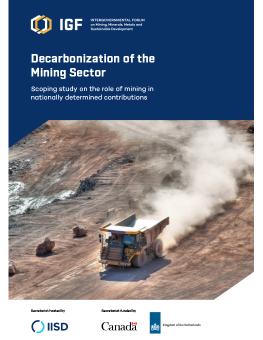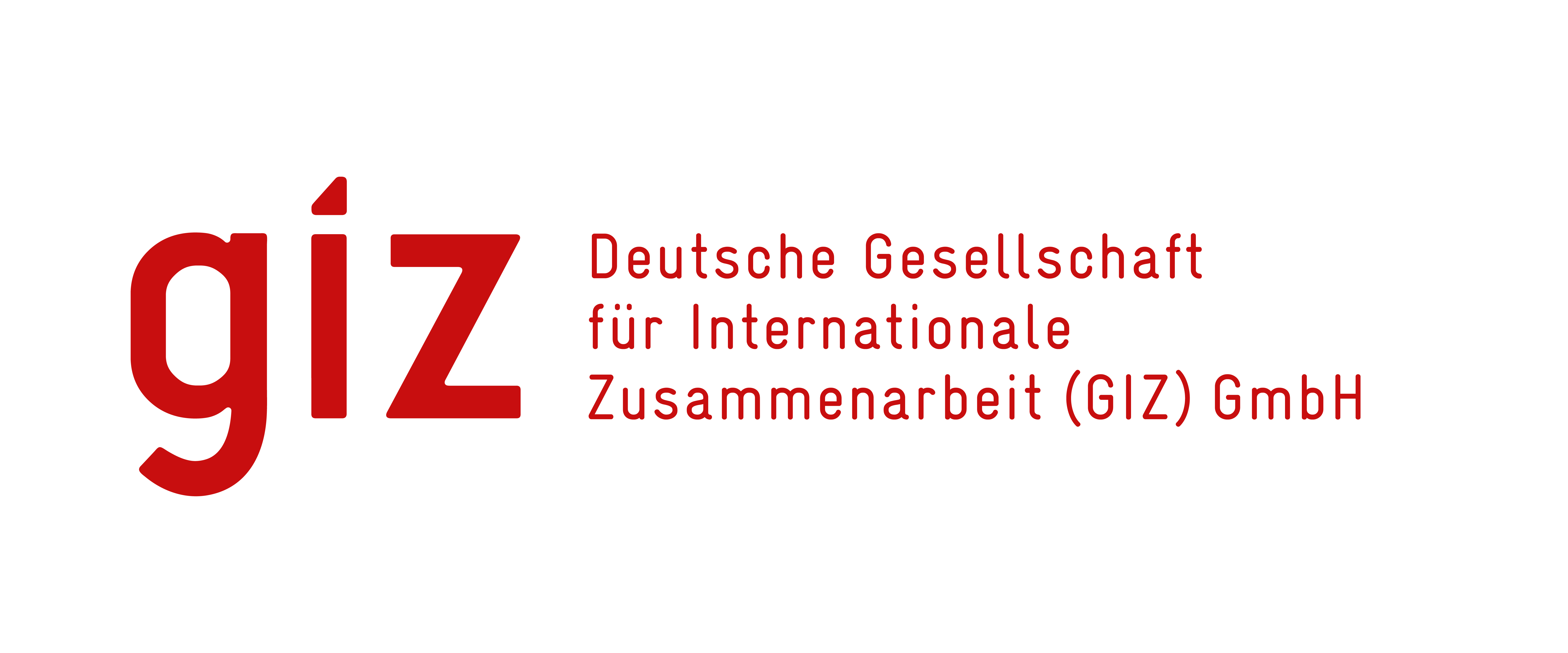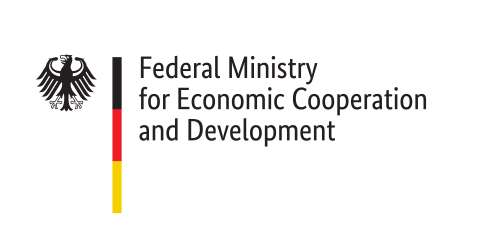
Decarbonization of the Mining Sector
Scoping study on the role of mining in nationally determined contributions
This report critically examines the mining sector's role in the global energy transition and its alignment with international climate commitments. Recognizing the urgent need to decarbonize to address climate change, this scoping study provides an in-depth analysis of the mining industry's current status, challenges, and opportunities in participating in the global effort to curb greenhouse gas emissions.
-
The IGF's new report explores the #mining sector's contribution to nationally determined contributions (NDCs) and the efforts of mineral-rich developing countries to meet the surging demand for minerals and metals.
-
This report examines the mining sector's GHG emissions, informed by case studies from Chile, Indonesia, and South Africa, and provides practical recommendations to support #decarbonization efforts.
-
Our new report examines the mining sector's role in the global energy transition and offers several policy recommendations to support the mining sector's transition to a low GHG emission future.
This report critically examines the mining sector's role in the global energy transition and its alignment with international climate commitments. Recognizing the urgent need to decarbonize to address climate change, this scoping study provides an in-depth analysis of the mining industry's current status, challenges, and opportunities in participating in the global effort to curb greenhouse gas (GHG) emissions.
The urgency to decarbonize our societies to limit global GHG emissions is driven by global climate goals and commitments under the Paris Agreement. This report focuses on the essential role of the mining sector in supplying critical minerals and metals necessary for energy transition technologies. However, the sector's energy-intensive nature makes it a significant source of GHG emissions, necessitating strategic management to reduce its own GHG emissions and prevent exacerbating other major planetary crises, such as pollution and biodiversity loss.
The report covers the extraction and processing of minerals and metals, including coal, but excluding non-metallic materials. It explores the mining sector's contribution to nationally determined contributions (NDCs) and the efforts of mineral-rich developing countries to meet the surging demand for minerals and metals. It specifically examines the sector's GHG emissions, informed by case studies from Chile, Indonesia, and South Africa, and provides practical recommendations to support decarbonization efforts.
The report begins by outlining the international framework for decarbonization, focusing on the Paris Agreement and NDCs. It highlights national policies and strategies that drive these efforts, emphasizing the importance of coordinated global actions to meet climate goals.
The report then dives into the mining sector's critical role and responsibility in the energy transition, identifying sources of GHG emissions and factors impacting these emissions. It addresses the specific challenges faced by coal mining, understanding that close to 80% of all GHG emissions related to mining are fugitive methane emissions from coal mines. It also examines the implications of global demand shifts linked to the energy transition for producing countries. Here, the concept of a "just transition" is central, emphasizing fair and inclusive distribution of benefits. Challenges and policy choices in selected nations are then discussed.
The next section highlights the mining industry's commitments to reducing its carbon footprint. The industry's response to the decarbonization challenge is explored, including voluntary disclosures, legal reporting requirements, international transparency initiatives, and how decarbonization could be used as a corporate communication tool.
For more background, we have also published a case study on decarbonization that informed this report.
You might also be interested in
Green Public Procurement in India
This report analyzes the status of green public procurement (GPP) in India and suggests key strategies for advancing sustainable procurement practices.
Toward a Coherent, Transformative Approach to Financing Sustainable Development, Climate, and Nature
Four key proposals for the Fourth Financing for Development Conference (FfD4) to create an integrated, equitable approach to financing climate, nature, and development goals.
Artisanal and Small-Scale Mining of Critical Minerals
This report examines the potential for artisanal and small-scale mining (ASM) to take an expanded role in the global supply of critical minerals.
Navigating Global Sustainability Standards in the Mining Sector
This brief examines the latest developments and trends in responsible mining standards and voluntary sustainability initiatives.

